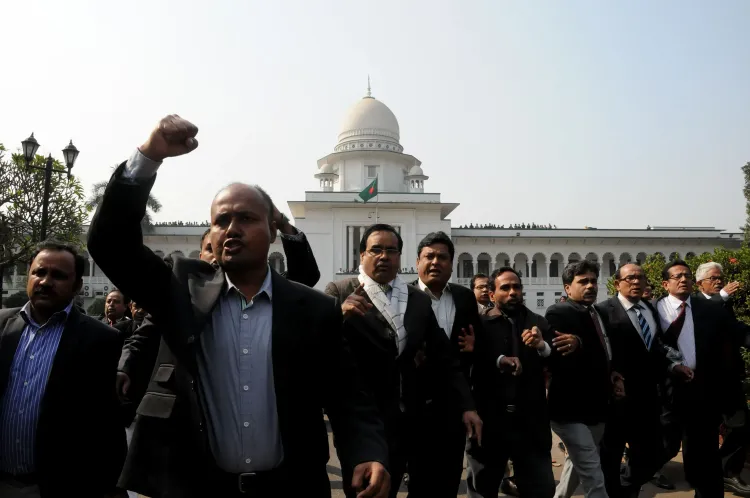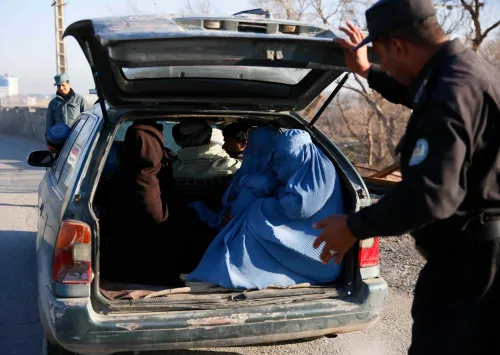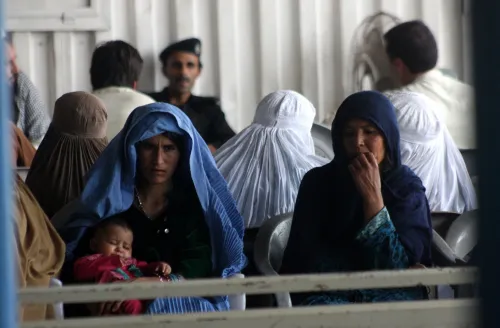Why Did the Supreme Court of Bangladesh Stay Bail for 61 Lawyers?

Synopsis
Key Takeaways
- The Supreme Court of Bangladesh has stayed the bail of 61 lawyers.
- Lawyers were labeled as 'pro-Awami League' by the High Court.
- The case is linked to the July 2024 uprising.
- The Awami League condemns the actions of the interim government.
- Concerns about the integrity of the judiciary are escalating.
Dhaka, May 19 (NationPress) On Monday, the Supreme Court of Bangladesh imposed a stay on the bail granted to 61 lawyers identified as 'pro-Awami League' by the High Court. This decision comes in light of a case concerning alleged assault and attempted murder of fellow lawyers during the July 2024 uprising. The judgment was delivered by the Appellate Division bench led by Justice Zubayer Rahman Chowdhury, according to local media reports.
Previously, a Dhaka court had denied bail to 83 'pro-Awami League' lawyers, resulting in their imprisonment under allegations of violence during the uprising last July. Subsequently, the High Court granted bail to 61 of these lawyers, citing a lack of specific allegations against them.
However, after a state petition contested the bail order, the Appellate Division's chamber judge stayed the bail until May 5. The case was later brought before the regular Appellate Division bench, which on Monday suspended the lawyers' bail.
The Awami League, led by former Prime Minister Sheikh Hasina, condemned the Dhaka court's decision to deny bail and imprison the 80 lawyers who had surrendered. The party claimed these lawyers were targeted for their advocacy on behalf of the oppressed Bangladeshi populace, fearing they could reveal the 'fraudulent nature' of the interim government led by Muhammad Yunus.
The Awami League's statement accused the Yunus government of appointing compliant judges and interfering with the judiciary, stating, 'When people seek justice, they turn to the courts. Yet, the Yunus regime continues to manipulate the judiciary, setting a dangerous precedent.'
Moreover, they denounced the interim government for allegedly using the legal system to 'harass lawyers', including senior and female professionals, with baseless charges.
The party called for the immediate withdrawal of politically motivated charges against these lawyers and demanded the unconditional release of all political prisoners.










